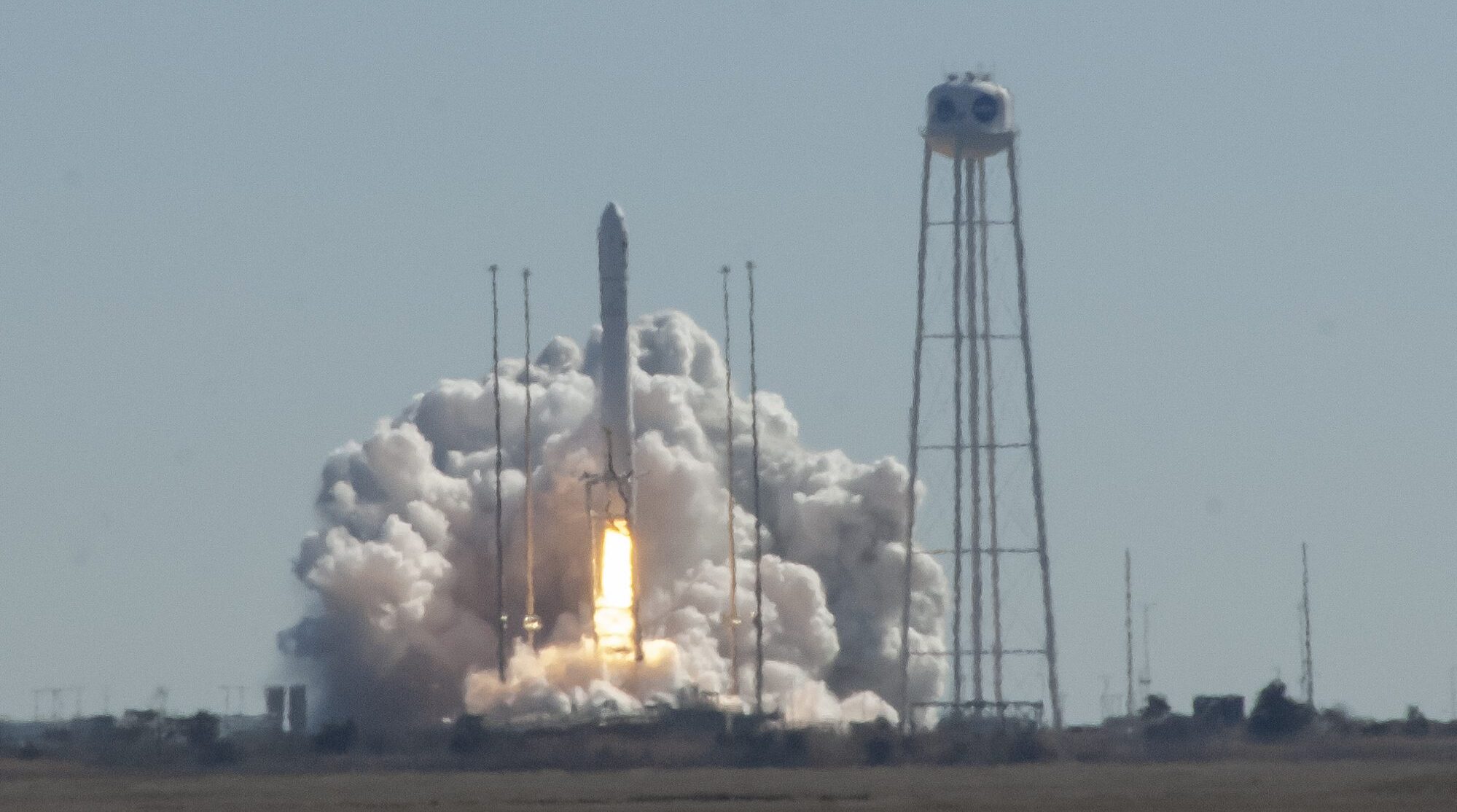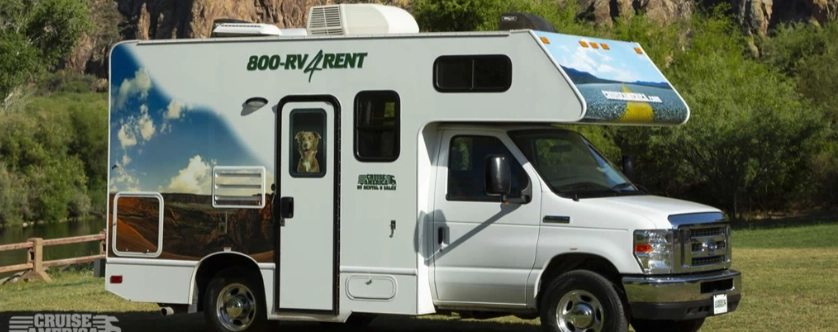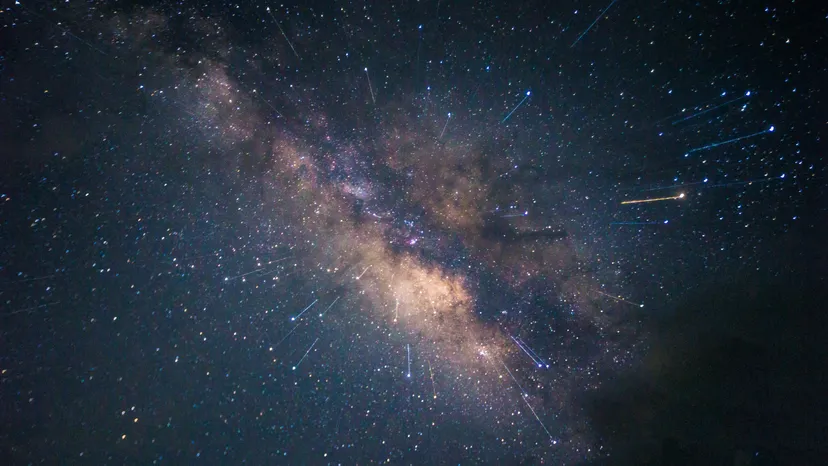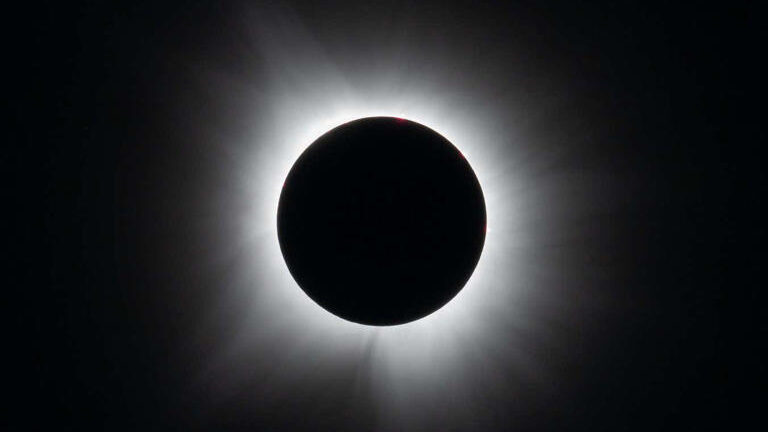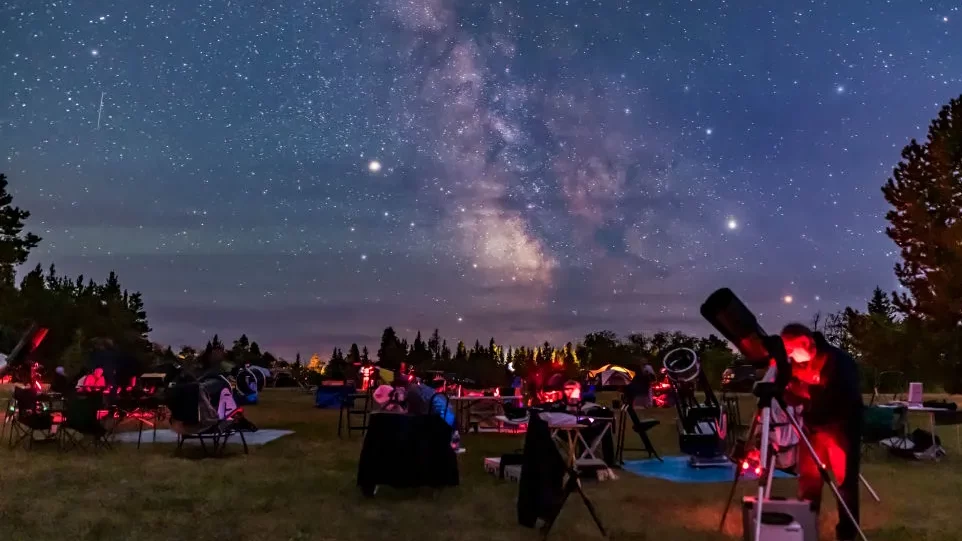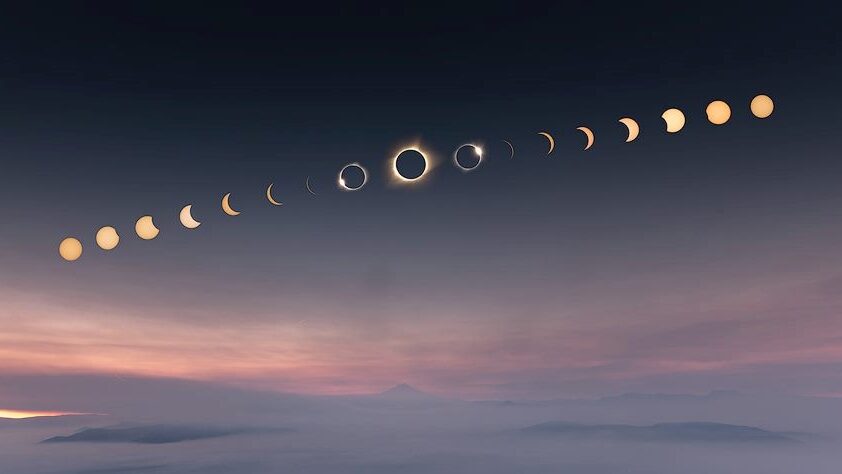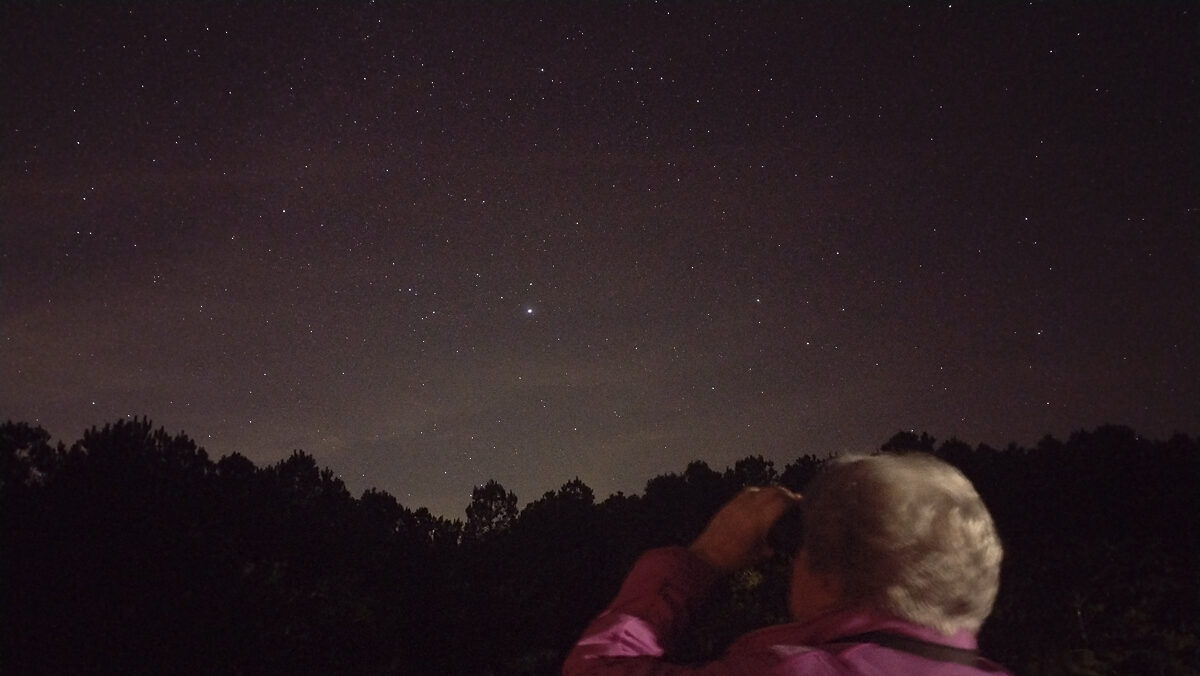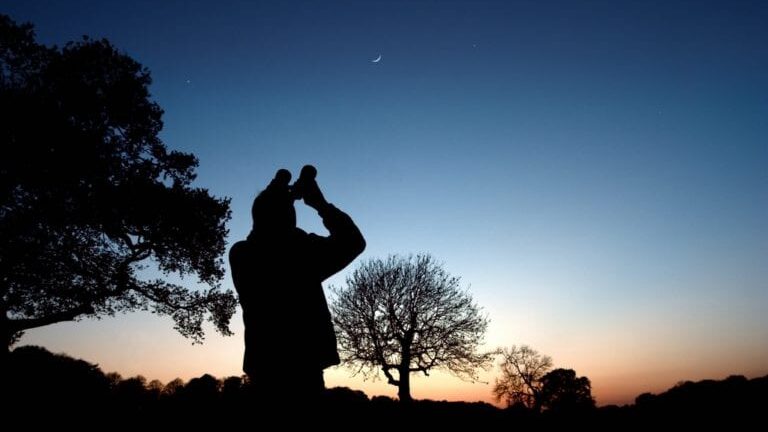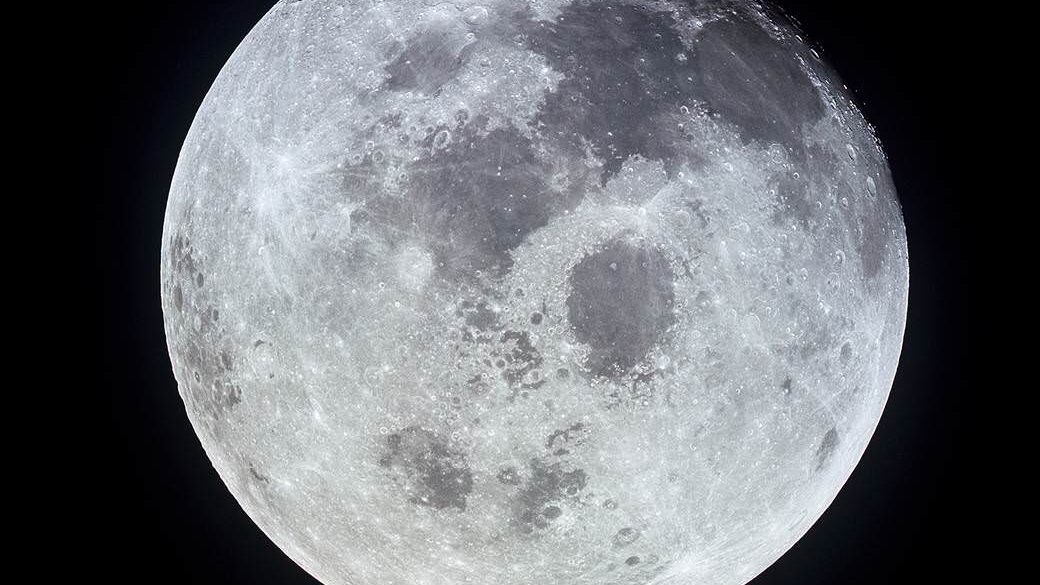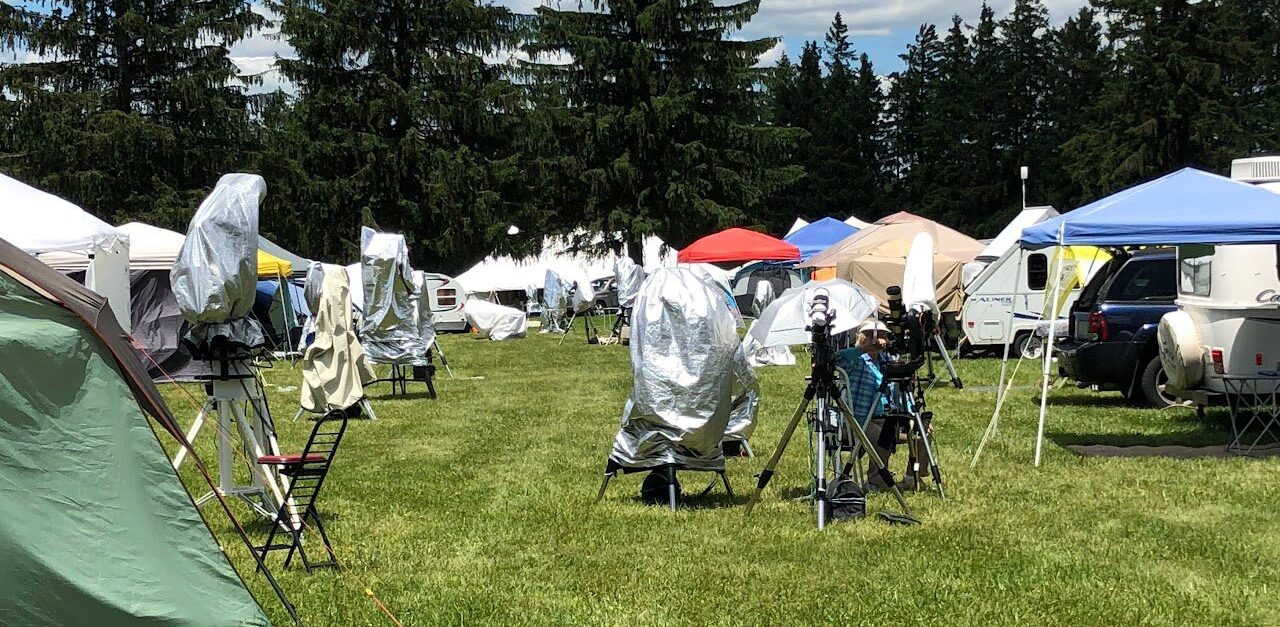Cygnus spacecraft takes off from Wallops Island Flight Facility

It was a chilly February 19th morning in Virginia for the launch of NG-17, the Northup Grumman Cygnus spacecraft on the Antares rocket at NASA Wallops Island Flight Facility. We were with other press members on Presidents’ weekend in 2022. We followed in a car caravan to a remote viewing location where photographers and videographers set up their equipment as we waited. The Antares resupply mission from Wallops Island to the International Space Station was scheduled for a 12:40 p.m. liftoff.
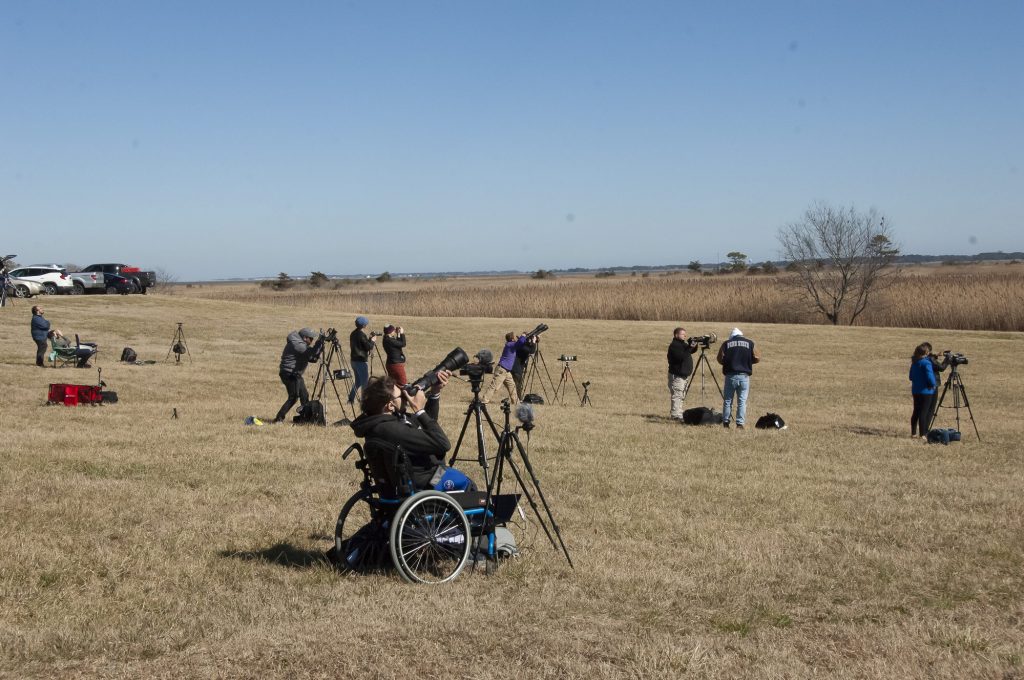
The rocket was named the S.S. Piers Sellers in honor of the late NASA astronaut. He spent nearly 35 days across three missions helping to construct the space station. Cygnus will remain at the space station until May, when it will depart disposing of several tons of trash during a fiery reentry into Earth’s atmosphere.
Fortunately, weather conditions stabilized, and the winds calmed down. The launch was picture perfect as the spacecraft soared into a clear blue sky. The rocket went straight up arching on its way to orbit with the space station.
The Wallops Island Flight Facility is in the seaside town of Chincoteague VA where weekend observers and followers of the space program filled the many inns and motels.
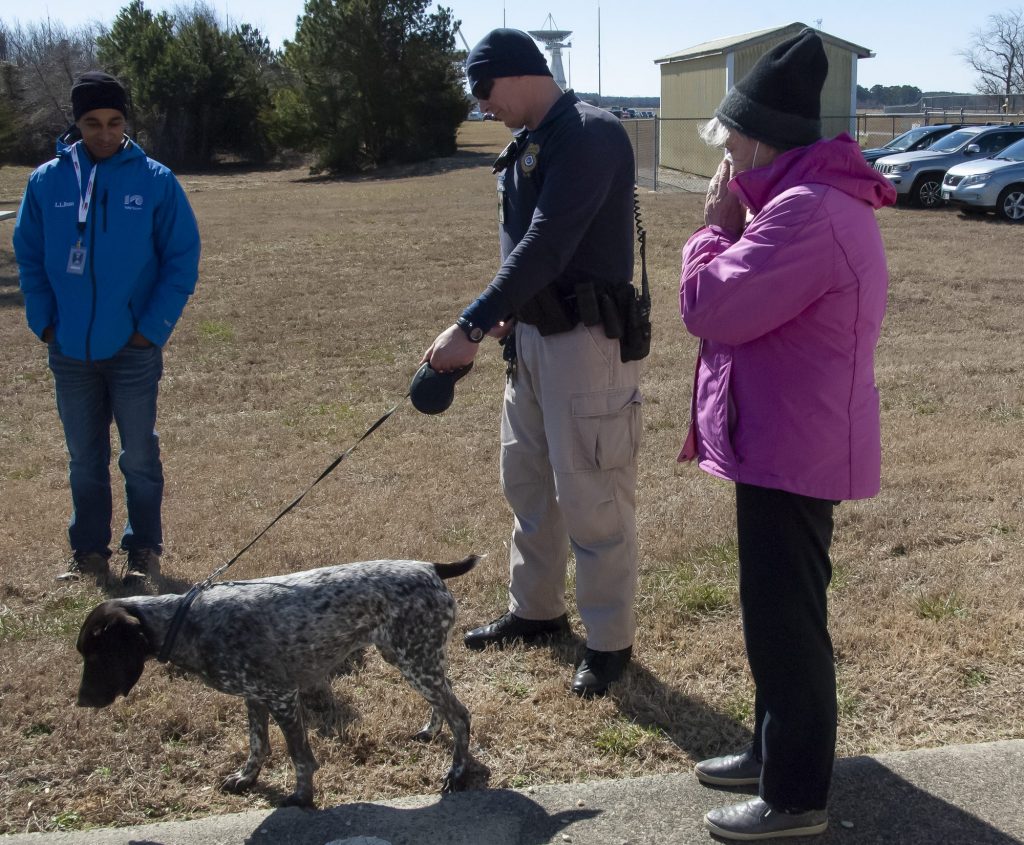
We enjoyed meeting Storm, a female German shorthaired pointer who was part of the NASA security force looking for bomb explosives. Storm was most intent on her task with her trainer Kenny Wells at her side.
Research onboard NG-17
What’s on the agenda for this mission? In an earlier press conference Jennifer Buchli, deputy chief scientist for the International Space Station, told us about some of the research taking place in the microgravity atmosphere. These are discoveries that will benefit all of us, and others will improve conditions on the space station.
For example, a study by MicroQuin will examine the effects of therapeutics on breast and prostate cancer cells. Colgate Palmolive wants to test potential products to protect aging skin.
If you saw the movie The Martian with Matt Damon trying to grow potatoes, you understand why NASA is testing using hydroponic and aeroponic techniques. Growing vegetables and plants without soil or other growth media is the challenge. The results could find new methods for future space missions. Other research for NASA includes a new combustion facility, hydrogen sensors and a lithium-ion secondary battery demonstration. Yes, there’s a lot going on up there that will benefit all of us today and in the future. It’s fascinating to imagine the possibilities.
The spacecraft arrived at the orbiting outpost Monday, February 21st.
Here are links with more information about Wallops Island Flight Facility, visiting Chincoteague and Northrup Grumman.
Enjoy the NASA video of the launch at Wallops Island VA
Gene and Katie Hamilton are amateur astronomers who follow the stars and write about their dark sky adventures. They are members of the Outdoor Writers Association of America.
Post Views: 2,988
|

